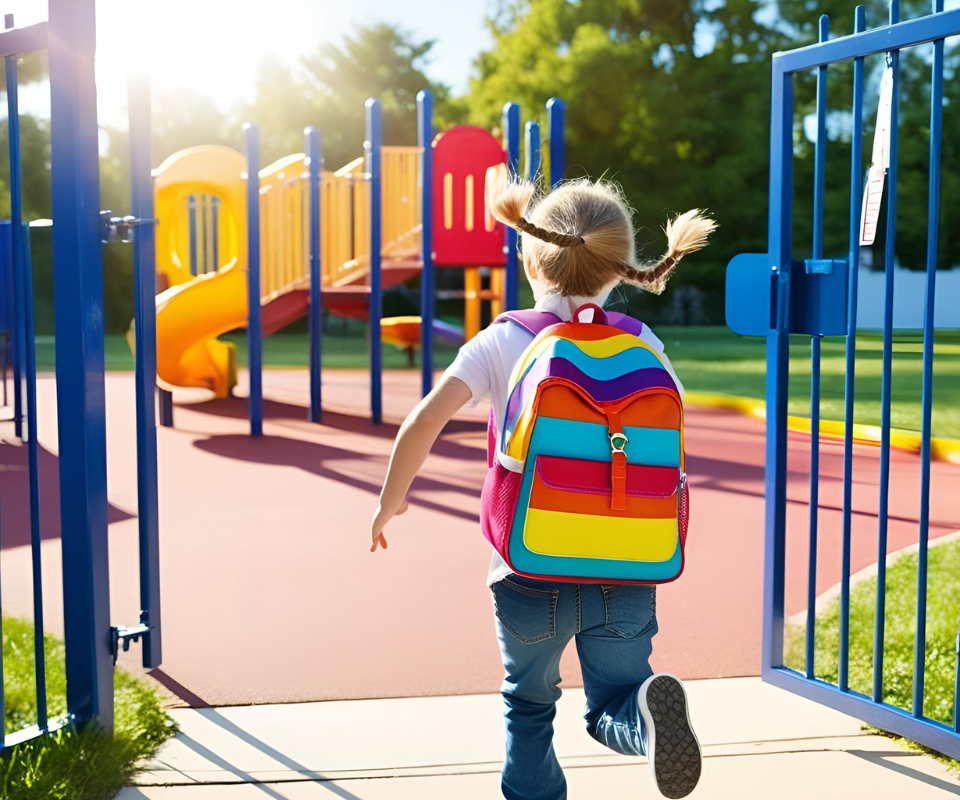As a parent, preparing your child for kindergarten can feel like a daunting task. It’s a significant milestone that marks the beginning of your child’s formal education journey. However, with the right approach and preparation, you can make this transition smooth and exciting for both you and your little one.
Disclaimer: I am not a medical professional; thus, you should always consult your doctor to ensure your child is prepared to the best of their abilities and health.
Start Early and Be Consistent
The key to successful kindergarten preparation is to start early and maintain consistency in your efforts. Ideally, you should begin preparing your child at least a year before they start kindergarten. This gives you ample time to work on various skills and routines gradually, without overwhelming your child.
Develop Essential Skills
Academic Skills
While kindergarten is where formal education begins, there are several basic academic skills you can help your child develop at home:
- Literacy Skills: Read to your child regularly and encourage them to engage with books. This helps develop language skills and fosters a love for reading.
- Numerical Skills: Incorporate basic counting and number recognition into daily activities. For example, count toys during clean-up time or discuss numbers you see in your environment.
- Writing and Drawing: Encourage your child to practice holding a pencil correctly and drawing shapes. This develops fine motor skills necessary for writing.
Social and Emotional Skills
Kindergarten isn’t just about academics; it’s also about learning to interact with others and manage emotions:
- Sharing and Turn-taking: Arrange playdates or join playgroups to give your child opportunities to practice these skills.
- Following Instructions: Make following directions fun by turning it into a game. Give your child simple one- and two-step instructions to follow.
- Expressing Feelings: Help your child identify and articulate their emotions. This skill is crucial for managing the ups and downs of school life.
Establish Routines
Routines provide structure and predictability, which can help ease the transition to kindergarten:
- Bedtime Routine: Establish a consistent bedtime routine to ensure your child gets enough sleep. This is crucial for learning and behavior in school.
- Morning Routine: Practice your school morning routine before school starts. This includes waking up on time, getting dressed, and eating breakfast.
- Independence in Self-care: Encourage your child to perform basic self-care tasks independently, such as using the bathroom, washing hands, and putting on shoes.
Foster Positive Attitude Toward School
Your child’s attitude towards school can significantly impact their kindergarten experience:
- Talk About School Positively: Regularly discuss kindergarten in an exciting and positive way. Mention the fun activities they’ll do and the new friends they’ll make.
- Visit the School: If possible, arrange a visit to the school before the term starts. Familiarizing your child with the new environment can ease anxiety and build excitement.
- Address Concerns: Listen to your child’s worries about starting school and address them sensitively. Reassure them that it’s normal to feel nervous and that their teacher is there to help.
Collaborate with Educators
If your child attends preschool or daycare, work closely with their current educators:
- Share Information: Keep your child’s current teachers informed about your kindergarten preparation efforts. They may offer valuable insights and suggestions.
- Ask for Feedback: Request feedback on your child’s progress and areas that might need extra attention before kindergarten.
Remember, Every Child is Unique
It’s crucial to remember that every child develops at their own pace. What’s most important is that your child feels loved, supported, and excited about learning:
- Avoid Comparisons: Try not to compare your child’s progress with other children. Focus on your child’s individual growth and celebrate their unique strengths.
- Trust Your Instincts: You know your child best. If you have concerns about their readiness, don’t hesitate to discuss them with your pediatrician or a child development specialist.
- Embrace the Journey: Preparing for kindergarten is a special time. Enjoy this period of growth and discovery with your child, and remember to have fun along the way!
Preparing your child for kindergarten is an exciting journey filled with opportunities for growth, learning, and bonding. By focusing on developing a range of skills, establishing routines, fostering independence, and maintaining a positive attitude, you can help ensure your child starts kindergarten with confidence and enthusiasm. Remember, the goal isn’t perfection, but rather to nurture a love for learning that will serve your child well throughout their educational journey and beyond.




